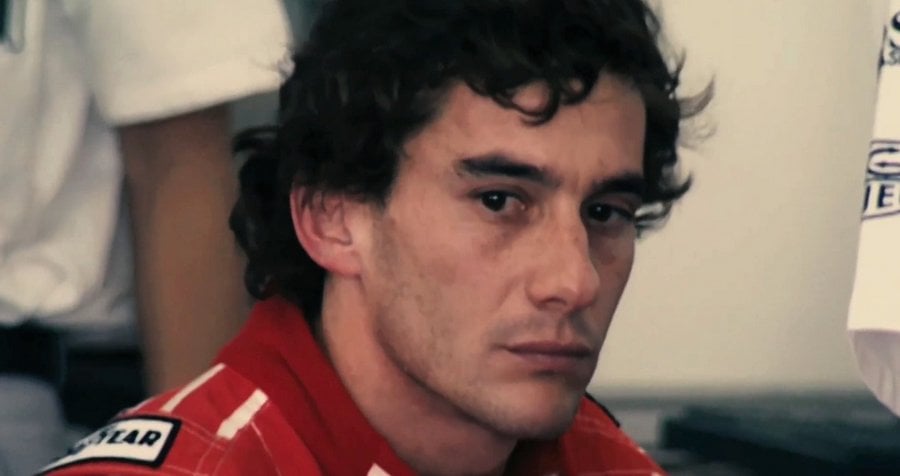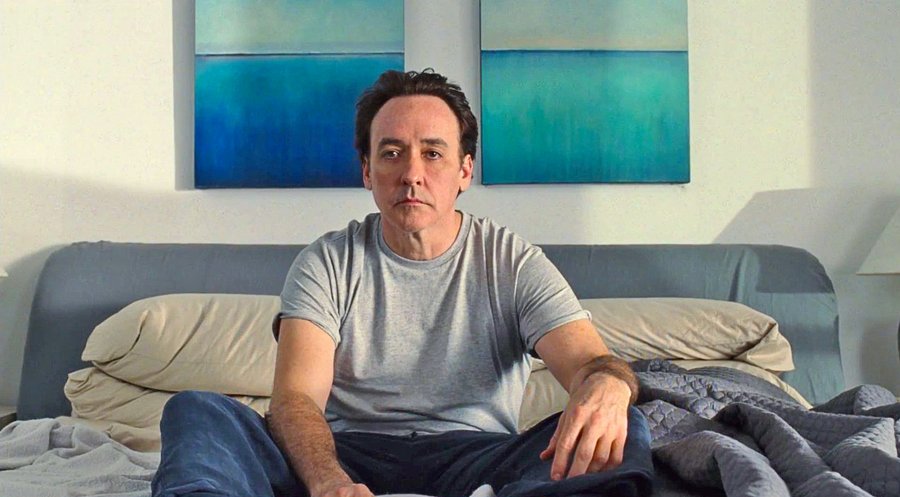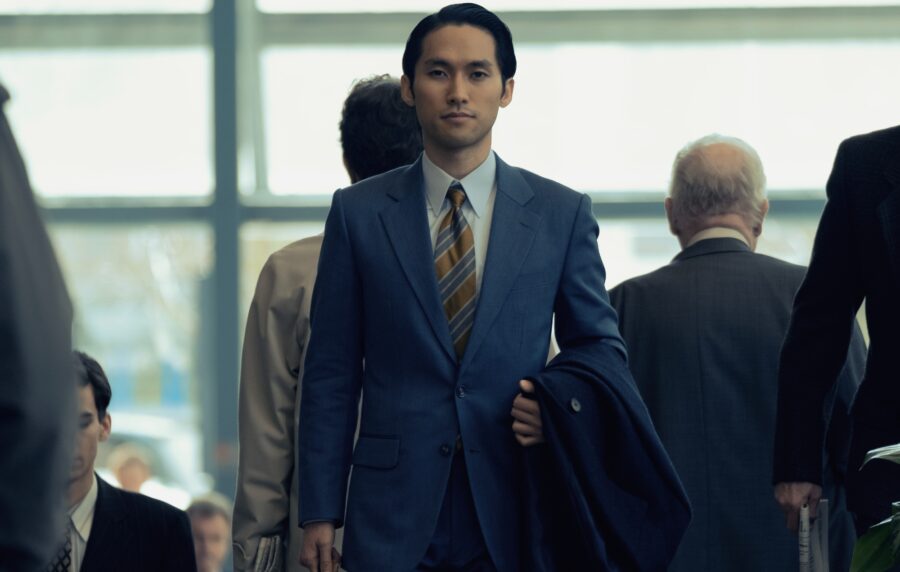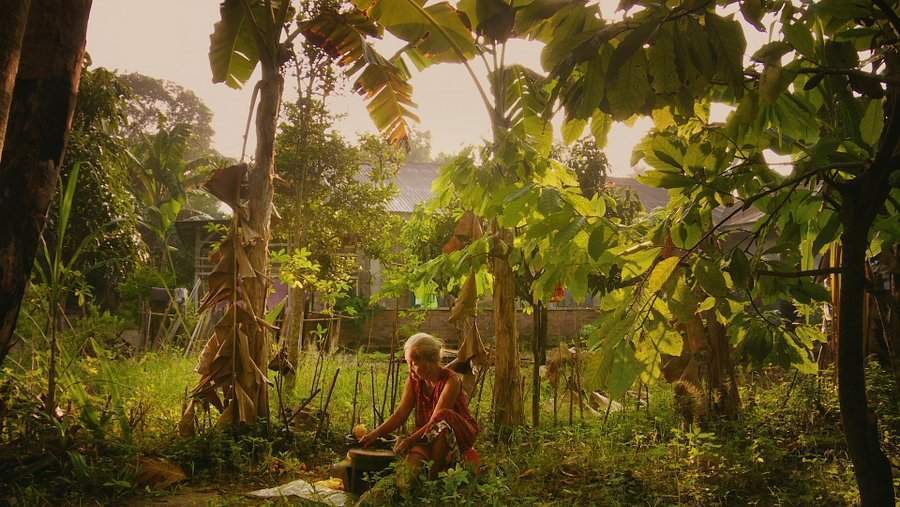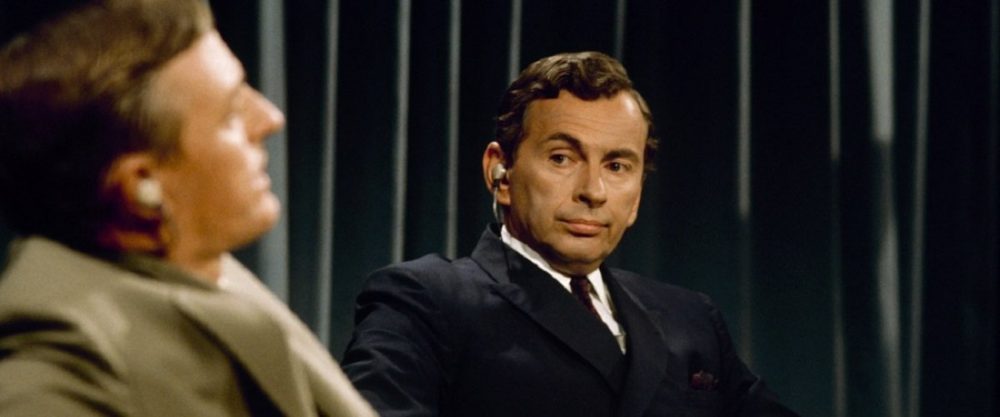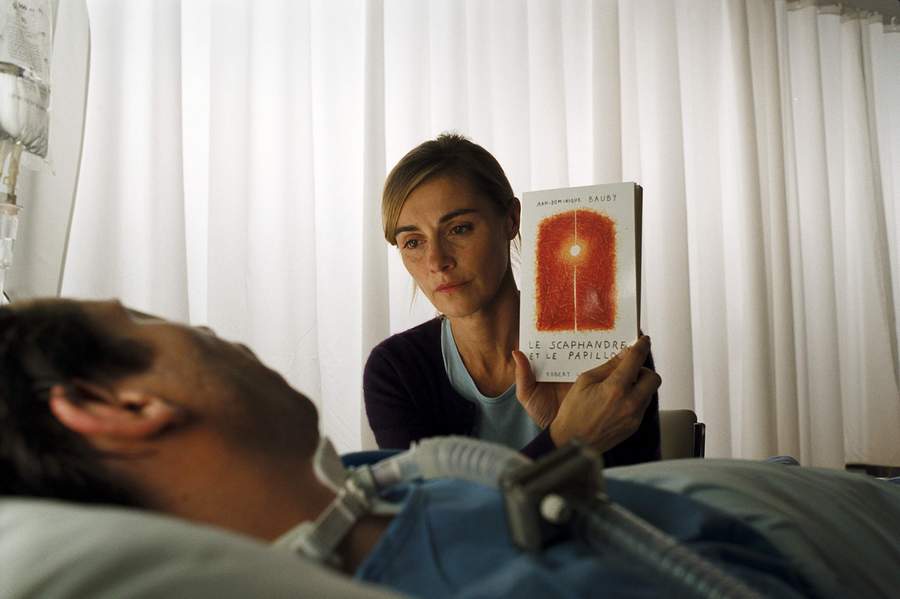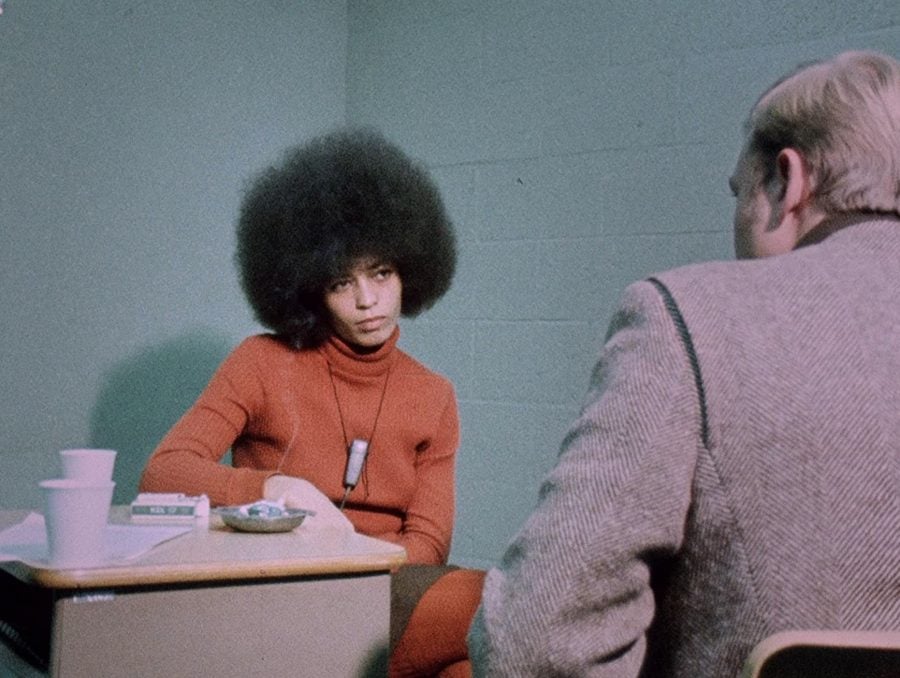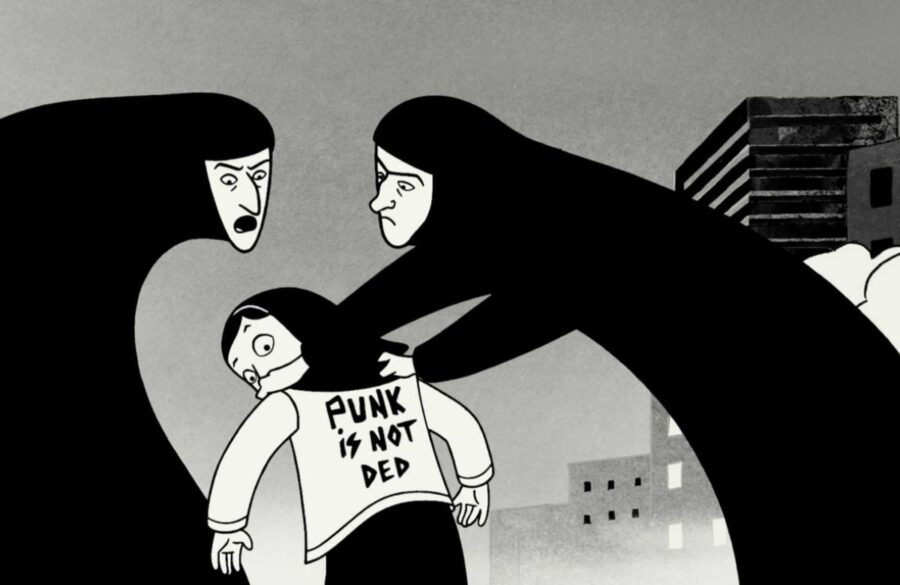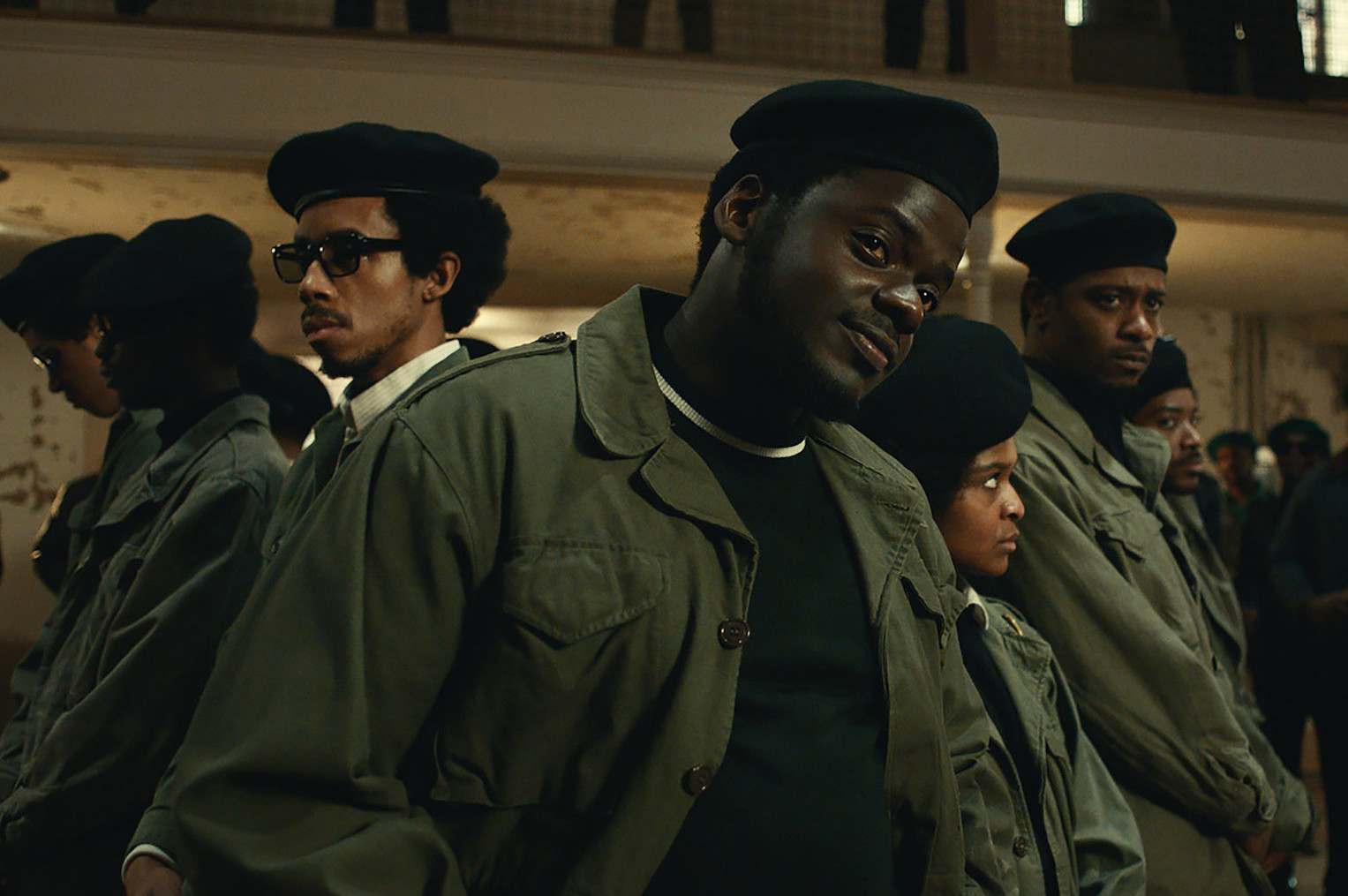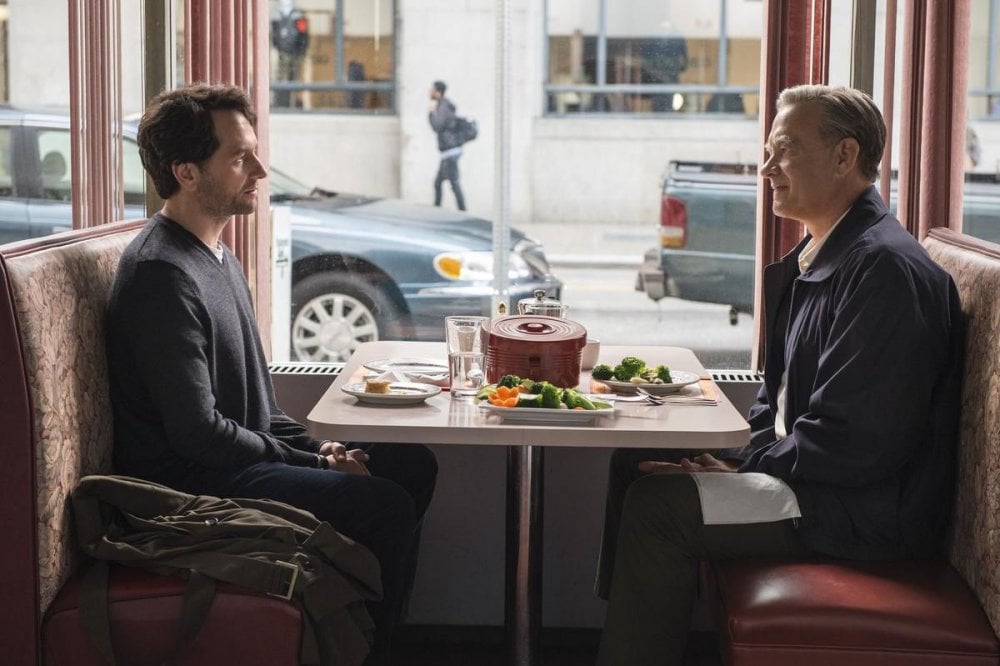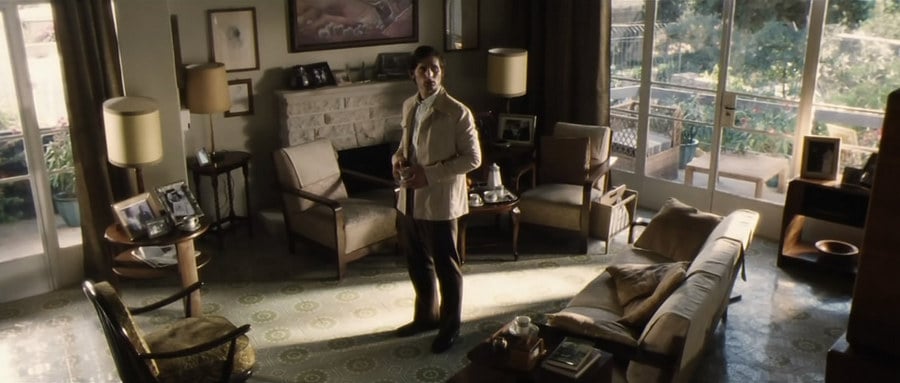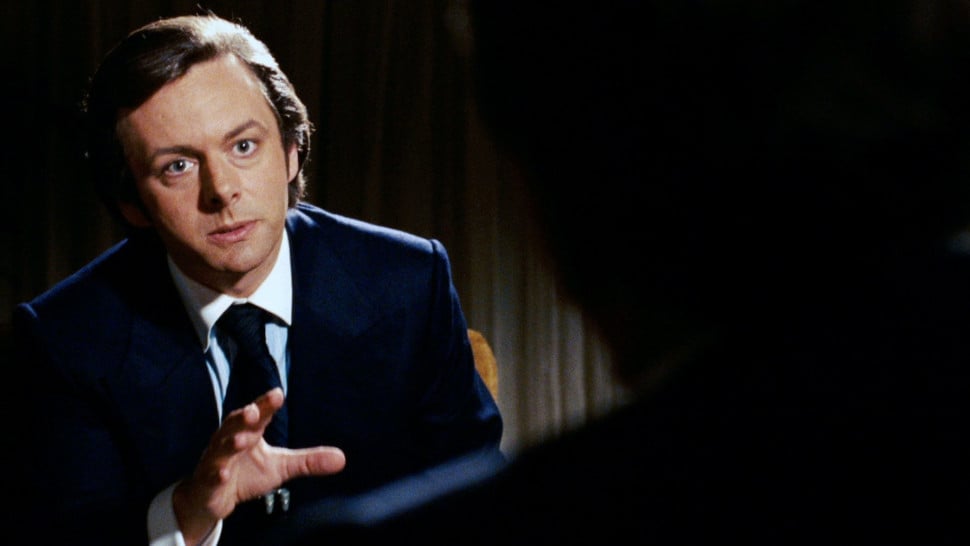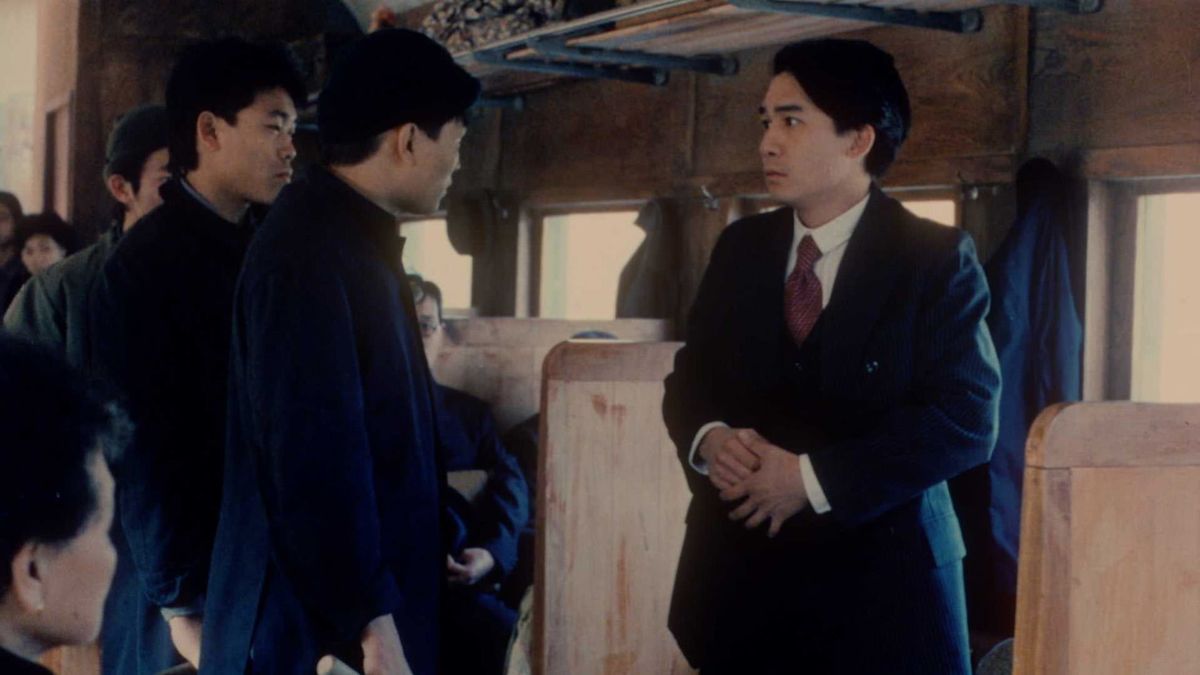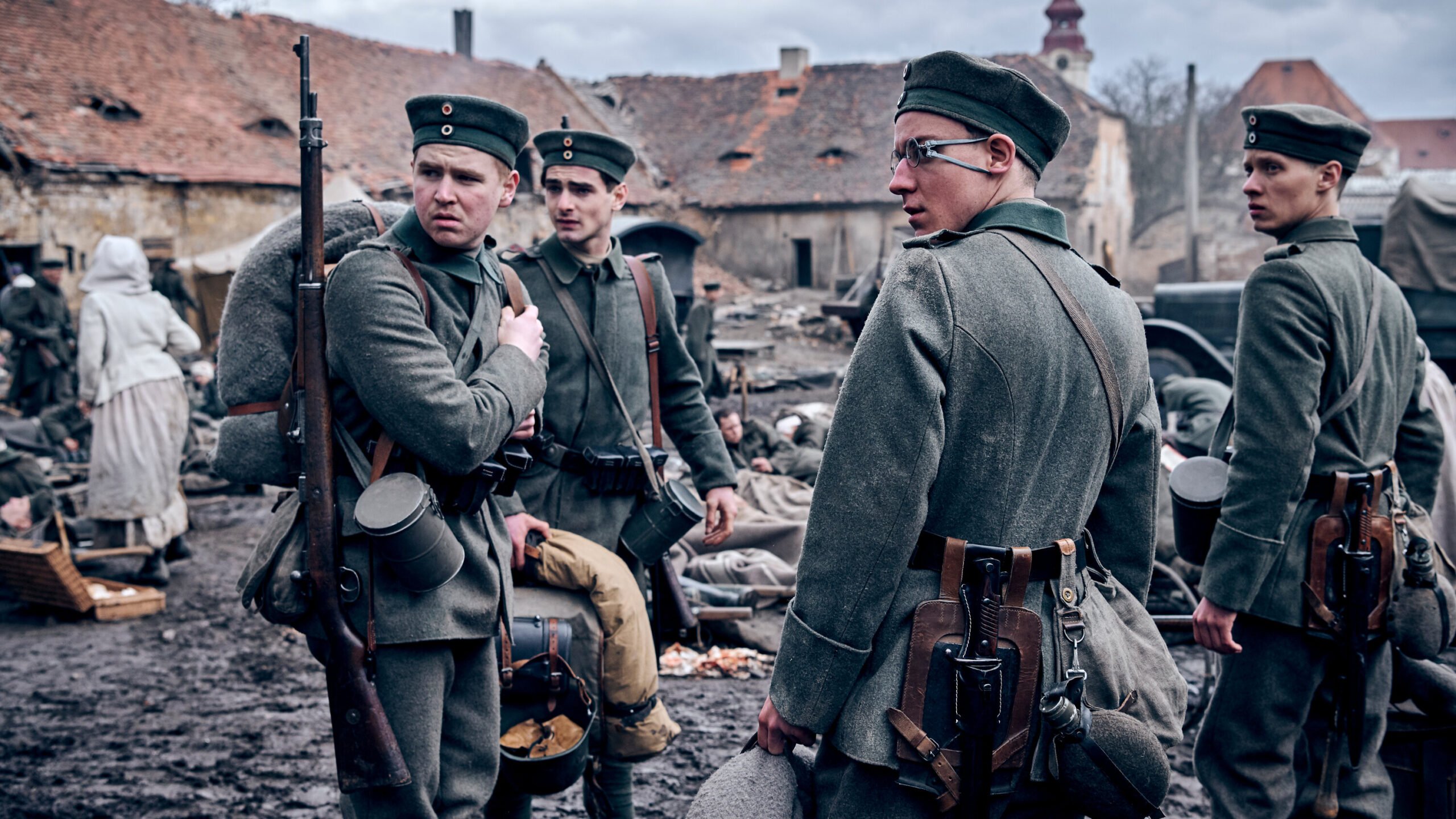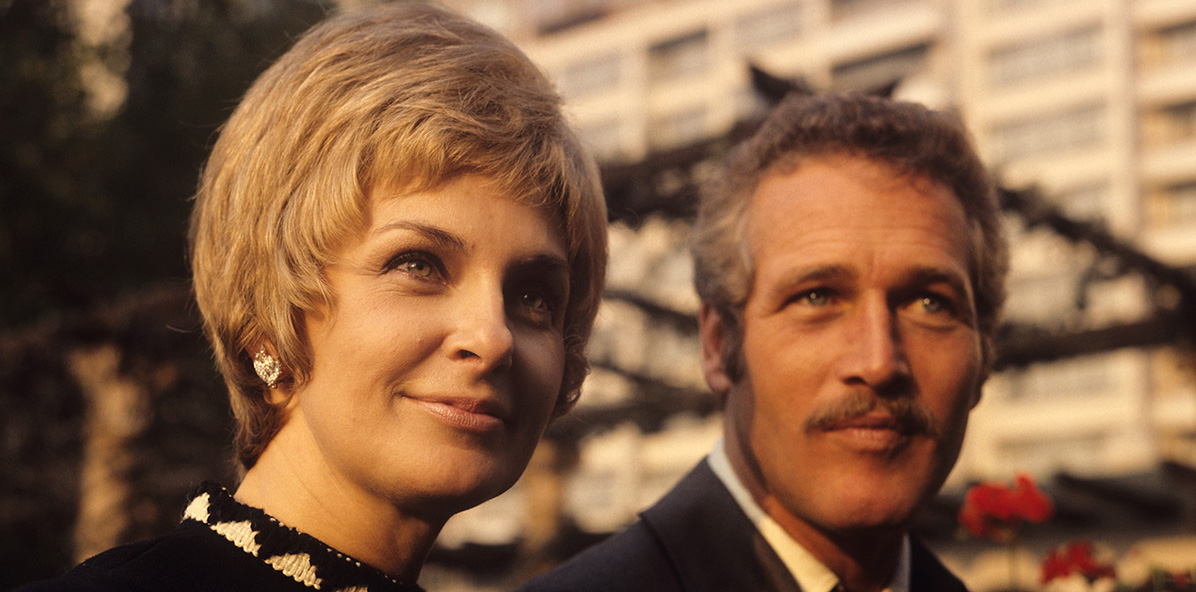If you're not a fan of F1 racing, you might not know who Ayrton Senna is. If you are, there is no way you don't know. However, this 2010 British-French documentary packs so much thrill and emotion, you don't have to be a racing enthusiast to be engrossed by it.
So, who is Ayrton Senna? At a time when F1 cars were +1000HP fire-breathing monsters and the grid was stacked with world champions, the Brazilian racing driver rose above the rest to take 3 world championships and win the fabled Monaco Grand Prix a record 6 times. At the age of 34, a devastating car crash took his life.
Director Asif Kapadia develops a compelling, emotional, and exhilarating portrait of F1 racing and the man that was Ayrton Senna. He is still considered by many to be one the best and most exciting racing drivers to have ever stepped into an F1 car. The documentary too, is a thrilling pursuit: moving, psychological intriguing and absolutely nerve-wracking!
Genre: Documentary, History
Actor: Adriane Galisteu, Alain Prost, Arnaldo Jabor, Ayrton Senna, Bernie Ecclestone, Frank Williams, Gerhard Berger, Jackie Stewart, Milton da Silva, Neide Senna, Nelson Piquet, Nigel Mansell, Ron Dennis, Rubens Barrichello, Sid Watkins, Viviane Senna, Xuxa, Xuxa Meneghel
Director: Asif Kapadia

